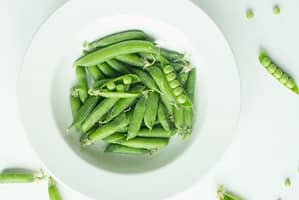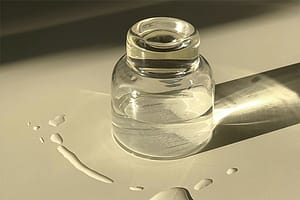
In the world of anti-aging skincare, Collagen is no longer foreign. It is one of the biggest buzzwords used in many different concepts of skincare products. This is because the consumers are becoming interested in anti-aging products at increasingly young ages. Collagen has also been seen in haircare and supplements. Initially, Collagen was used to treat inflammation for those who suffered from Arthritis, the application of this product then developed into beauty treatments that reduces fine lines and wrinkles.
What Is Collagen and Its Role in Your Body?
Collagen is a protein that functions as one of the main building blocks for your bones, skin, hair, muscles, tendons, and ligaments. The presence of Collagen is what makes the skin looks young and wrinkle-free. It is vital for skin elasticity, serving as the glue that holds everything together.
In fact, collagen is the most abundant protein in the human body, making up from 25% to 35% of the whole-body protein content. Our body naturally makes Collagen but as we age, this production decreases.
Not only that, other factors such as UV light, exposure to free radicals or menopause results in the loss of Collagen.
Collagen Benefits for The Skin
Moisturising
Regenerating
Film-forming
Collagen is mostly used in skincare due to its moisturising, regenerating and film-forming properties.
Collagen is a natural humectant that has excellent ability to hold water. It is able to help the skin maintain proper water content during the day, keeping skin soft and supple. Additionally, its film-forming property locks moisture in the skin by reducing Transepidermal Water Loss (TEWL). By forming a film, the skin and hair is prevented from damage caused by mechanical impairments.
You may have read many articles implying that collagen doesn’t exactly promotes regeneration of more collagen or it is too large to even penetrate the skin. Is this really true?
Research has shown that collagen accelerates wound healing and helps tissue to regenerate. According to a wound-healing study, topical application of collagen-based gel increased significantly the percentage of wound closure over a period of 12 days, when compared to the untreated group.
Diving deeper, Collagen is composed mainly of the amino acids, glycine, proline, and hydroxyproline. These amino acids form three strands, which make up the triple-helix structure characteristic of collagen. It is a highly cross-linked material usually insoluble in both water and oils. For this reason, hydrolysed collagen is often used in cosmetics instead. When collagen is broken down into shorter polypeptides and smaller peptides, they become soluble in water, making it feasible to be incorporated into various formulations. Furthermore, these molecules are able to penetrate into the deeper layers of the skin, enabling them to regenerate skin properties. It is proven that hydrolysed collagen has very good moisturising properties which contributes to good looking skin. Additionally, it is widely known for its antioxidant properties.
This is why we recommend a complex with different molecular weights (MW) of collagen to target the different skin layers. With a wide range of MW, the full potential of collagen will be maximised to provide benefits to the skin. For more information on vegan type of collagen, Natori Pea Collagen 80, read our article on Vegan Collagen; Is It a Myth?




